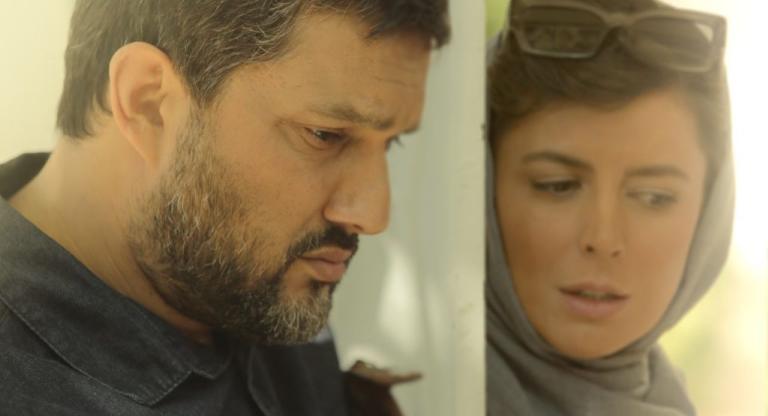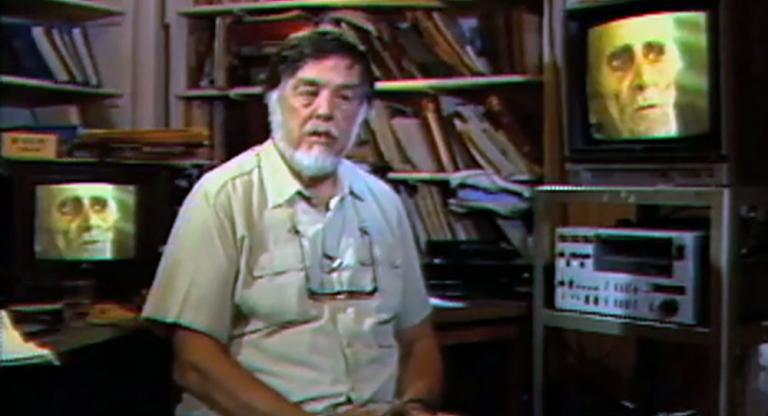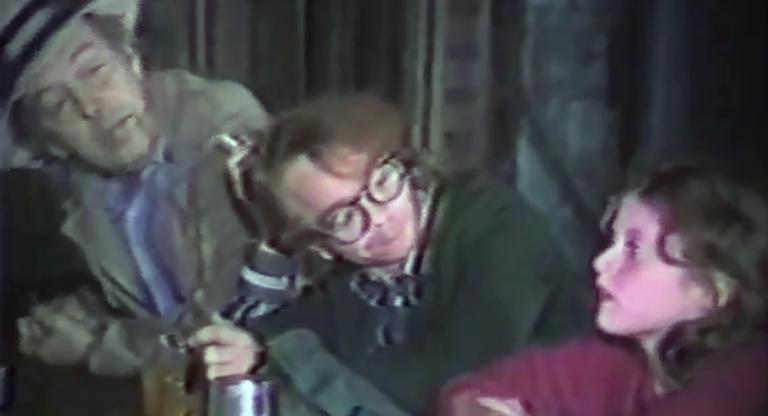
Screening today as part of Quad Cinema's "Rated X" series, Stanley Kubrick's adaptation of A Clockwork Orange remains his most misanthropic work. He despises everyone on screen except for Alex, his protagonist whose "principal interests," according to countless posters and t-shirts, are "rape, ultra-violence and Beethoven." Everyone else is a dullard or a blowhard. Kubrick's follow up to 2001, a film of almost perverse optimism, could not have presented a more starkly divergent perspective on the future of human society.
Alex tyrannically leads a small gang across a blighted English city in search of sadistic thrills. After he's apprehended and imprisoned, Alex seeks participation in a new form of behavioral therapy in order to lessen his sentence. The sessions entail research psychologists inducing physical illness while compelling patients to view violent films featuring war atrocities and reenactments of sexual violence.. Alex emerges free-and-clear of all antisocial tendencies, so thoughtly "cured" that the very thought of violence causes debilitating stomach pain, but Kubrick and the novel's author Anthony Burgess are concerned with the cost.
Forty years on, the exploration of free-will and government intervention plays most quietly now that the very concepts of free thought and speech have been co-opted by professionally-outraged reactionaries on the internet. Now that the American government invests far less in behavior control than any Big Tech company, the film's central thought experiment has lost most of its immediacy, leaving an unprecedented visual design and Kubrick's wide-angle compositions to carry our attention. Both are up to the task, providing the visual pleasure that is arguably the film's true legacy.
A Clockwork Orange is also notable for being the Kubrick film that deals most explicitly with filmgoing and image-making. During the nauseating scenes of Alex's treatments, Kubrick presents re-enactments of his hero's crimes alongside footage of Nazis. The researchers pry his eyes open so that he can't look away as he sits alone in a small theater, strait-jacketed to his seat in the front row. Alex notes in his narration how much more real violence looks when projected on a screen. By ironically using several classical music cues to accompany his own violent imagery, Kubrick seems to be making some statement about the ethics of aesthetic enjoyment, but the result looks indistinguishable from a naughty mind having a bit of fun. Consequently, the film is as muddy thematically as it is meticulous visually.


